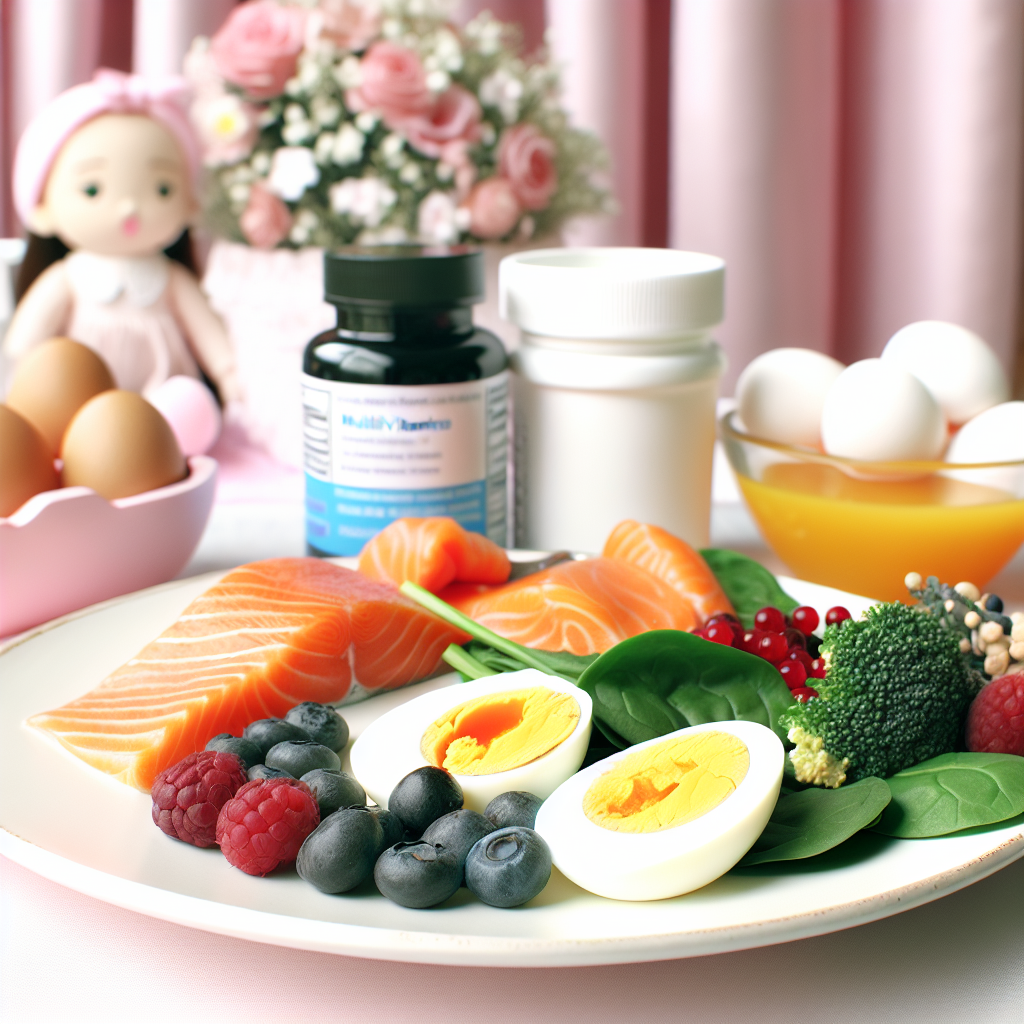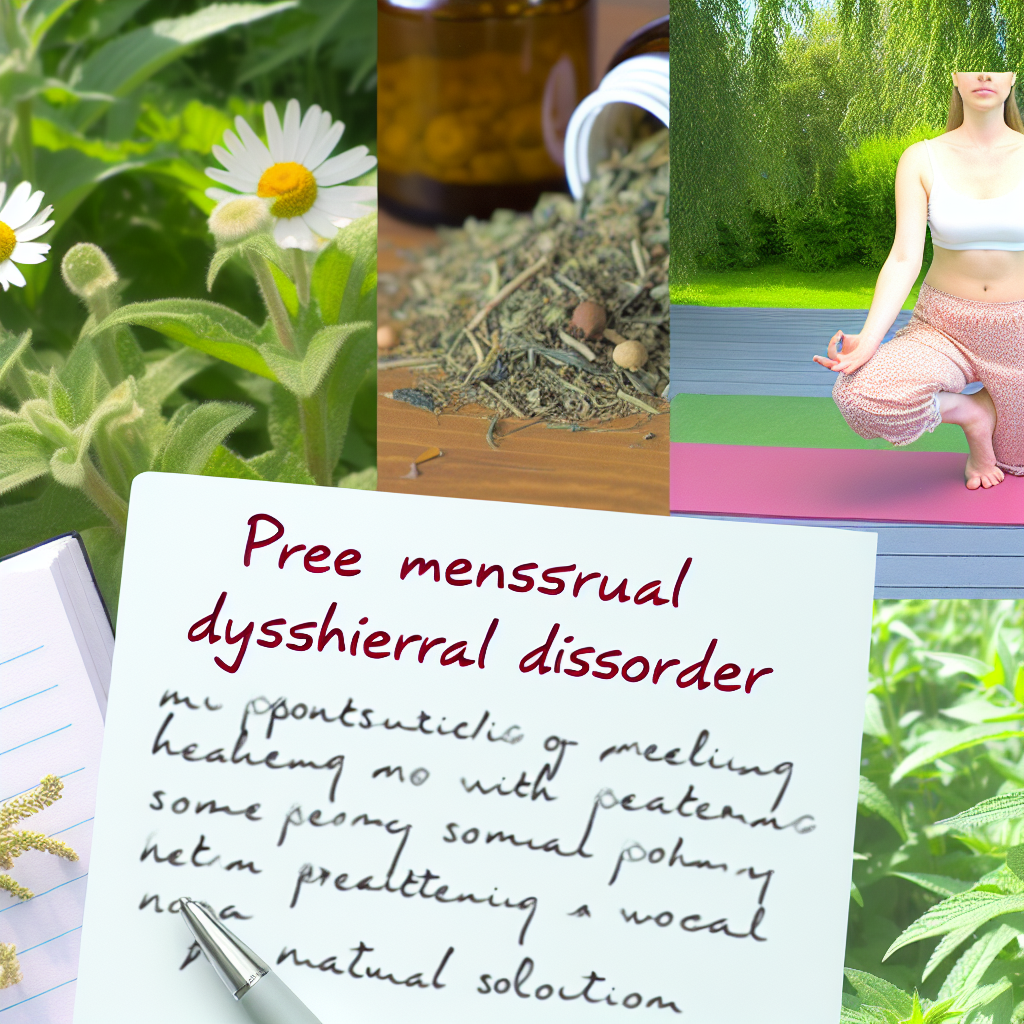# Preventing Postpartum Hair Loss with Nutrition
Introduction: Rediscover Radiance Through Nurse-Worthy Nutrition
For women accustomed to a lavish, well-curated lifestyle, physical changes during and after pregnancy come as both a miracle and a mystery. Among the most emotionally charged experiences of the postpartum phase is sudden hair shedding—a sharp contrast to the voluminous, lustrous locks many experienced during pregnancy. Known medically as postpartum telogen effluvium, this condition causes a seemingly drastic loss of hair, usually occurring one to five months after delivery. While it’s a common physiological response to hormonal fluctuations, it can be distressing for new mothers who value aesthetics and wish to maintain their personal brand of luxury and allure.
Navigating motherhood doesn’t mean sacrificing elegance or confidence. At MoxyGal, we believe luxurious living extends to feeling good from the inside out. That ethos includes understanding how nutrition plays a key role in combating postpartum hair loss. While hair supplements and topical treatments crowd the beauty space, the most potent and intelligent tactic begins from within—through targeted, nutrient-rich nourishment.
As your body recovers from the Herculean feat of childbirth and adjusts to breastfeeding (if you choose), hormonal levels shift, nutrient reserves are taxed, and hair follicles respond accordingly. Nutrition not only supports healing but empowers regenerative health. It’s not simply about stopping hair from falling; the goal is activating a robust cellular environment where roots thrive, scalp circulation improves, and stress-related triggers are minimized. More than a beauty fix, this is a lifestyle upgrade—one that prioritizes mindful consumption of luxurious whole foods and clinical-grade nutrients designed to restore vitality.
For women at the intersection of science, self-care, and style, preventing postpartum hair loss is about recalibrating the body’s internal harmony. From proteins and vitamins to trace minerals and omega-fatty acids, creating a curated nutritional regimen can yield radiant results worthy of your elevated lifestyle. If your pregnancy journey was accompanied by a lineup of gourmet prenatal smoothies, custom supplements, and organic wellness protocols, then continuing that virtuous cycle post-birth is the chicest route to regaining your crown—literally.
The Science of Hair Health After Pregnancy: What’s Really Happening on a Cellular Level
Hormonal shifts—particularly the sharp decline in estrogen following childbirth—are the primary cause of postpartum hair shedding. During pregnancy, rising estrogen slows the normal hair shedding cycle, allowing more strands to remain in the “growth” phase (anagen), resulting in fuller locks. After delivery, estrogen levels rapidly decline, pushing a large volume of hair into the “resting” phase (telogen), leading to shedding about two to four months post-birth.
Yet, multiple studies reveal that nutrition significantly influences the resiliency and regeneration of hair follicles during this transitional period. A 2018 review in *Dermatology and Therapy* sheds light on the essential micronutrients—like iron, zinc, and biotin—that support hair follicle development and cycling. Notably, iron deficiency, quite common among postpartum women due to blood loss and increased nutrient demands, is strongly associated with telogen effluvium.
Another key factor? Protein. Hair is composed primarily of keratin, a structural protein that relies on a continuous supply of high-quality amino acids. Consuming bioavailable protein sources—such as wild salmon, organic eggs, grass-fed meats, or plant-based options like quinoa—enhances follicular repair and regrowth naturally.
Biotin (vitamin B7) has earned its nickname as the “hair growth vitamin,” and for good reason. A published study in *Skin Appendage Disorders* indicated tangible improvements in hair quality and density among women with biotin deficiencies. Still, consulting a physician before supplementing is recommended to avoid nutrient imbalances.
Vitamin D also plays a pivotal role in healthy follicle cycling. Research from the *International Journal of Trichology* indicates that low serum levels of vitamin D are frequently found in women suffering from postpartum telogen effluvium. Because new mothers often experience limited sun exposure and increased vitamin D needs due to lactation, incorporating foods such as wild-caught mackerel or fortified organic dairy—or taking a physician-approved supplement—can improve outcomes.
Omega-3 fatty acids deserve a special spotlight as well. These luxurious fats not only modulate inflammation and support hormonal health but also enhance scalp circulation—ensuring that follicles receive the oxygen and nutrients they need. According to a *Journal of Cosmetic Dermatology* study, omega-3 and omega-6 fatty acid supplementation led to a significant reduction in hair shedding and increased strand strength.
Curated Nutrition: Building Your Luxe Postpartum Hair Recovery Plan
Merging science with style, a tailored nutrition plan enriched with key vitamins, proteins, and healthy fats can help reduce postpartum hair loss and accelerate recovery.
Here are nutrition-forward ideas to support follicle resilience in a beautifully elevated way:
– **Mediterranean-Inspired Meals:** Think cold-pressed olive oil, wild-caught fish, leafy greens, legumes, herbs, and whole grains.
– **Collagen-Rich Bone Broths:** Glamorous, healing, and great for skin and follicles alike.
– **Organic Animal Proteins + Plant-Based Variety:** Grass-fed meats, quinoa, lentils, and chia seeds ensure a balanced amino acid profile.
– **Superfood Additions:** Sprinkle meals with functional ingredients like royal jelly or spirulina for added cellular nourishment.
– **Adaptogenic Herbs:** Shatavari, ashwagandha, and holy basil are revered for stress regulation and hormone balancing.
– **Clinical-Grade Supplements (under doctor supervision):** Think iron, vitamin D, omega-3s, and biotin for targeted replenishment.
It’s not about excess—it’s about excellence curated to suit your elevated lifestyle. Remember: health is the true luxury, and your plate is the ultimate beauty elixir.
Conclusion: Get Back Your Crown—Gracefully and Gorgeously
Experiencing postpartum hair loss can feel like a betrayal of one’s former radiance, but understanding the pivotal role of nutrition empowers you to reclaim your luxurious glow from within. By embracing a food-first, evidence-supported approach, you can nourish your body, elevate your lifestyle, and redefine self-care—abundantly and exquisitely. When you prioritize premium health, impeccable hair follows.
**Summary:**
Preventing postpartum hair loss through targeted nutrition is an elevated approach to reclaiming your luxurious glow. By understanding the science behind hair health and incorporating key vitamins, proteins, and healthy fats into your diet, you can support follicular resilience and regeneration during this transitional period. From Mediterranean-inspired meals to clinical-grade supplements, a curated nutrition plan can help you rediscover radiance and get back your crown gracefully and gorgeously.
**References:**
1. [Dermatology and Therapy – “The role of vitamins and minerals in hair loss: A review”](https://link.springer.com/article/10.1007/s13555-018-0278-6)
2. [Skin Appendage Disorders – “Diagnosis and Treatment of Hair Shedding Disorders”](https://www.karger.com/Article/FullText/481705)
3. [International Journal of Trichology – “Association of Vitamin D Deficiency and Telogen Effluvium: A Study in Baghdad City”](https://www.ncbi.nlm.nih.gov/pmc/articles/PMC4473978/)
4. [Journal of Cosmetic Dermatology – “A study on the efficacy of Omega-3 and Omega-6 supplements in women with hair thinning”](https://onlinelibrary.wiley.com/doi/full/10.1111/jocd.12177)
5. [Harvard School of Public Health – “Nutrition and Hair Health”](https://www.hsph.harvard.edu/nutritionsource/nutrition-and-hair-health/)
6. [NIH – Biotin Fact Sheet](https://ods.od.nih.gov/factsheets/Biotin-HealthProfessional/)

Dominic E. is a passionate filmmaker navigating the exciting intersection of art and science. By day, he delves into the complexities of the human body as a full-time medical writer, meticulously translating intricate medical concepts into accessible and engaging narratives. By night, he explores the boundless realm of cinematic storytelling, crafting narratives that evoke emotion and challenge perspectives. Film Student and Full-time Medical Writer for ContentVendor.com




